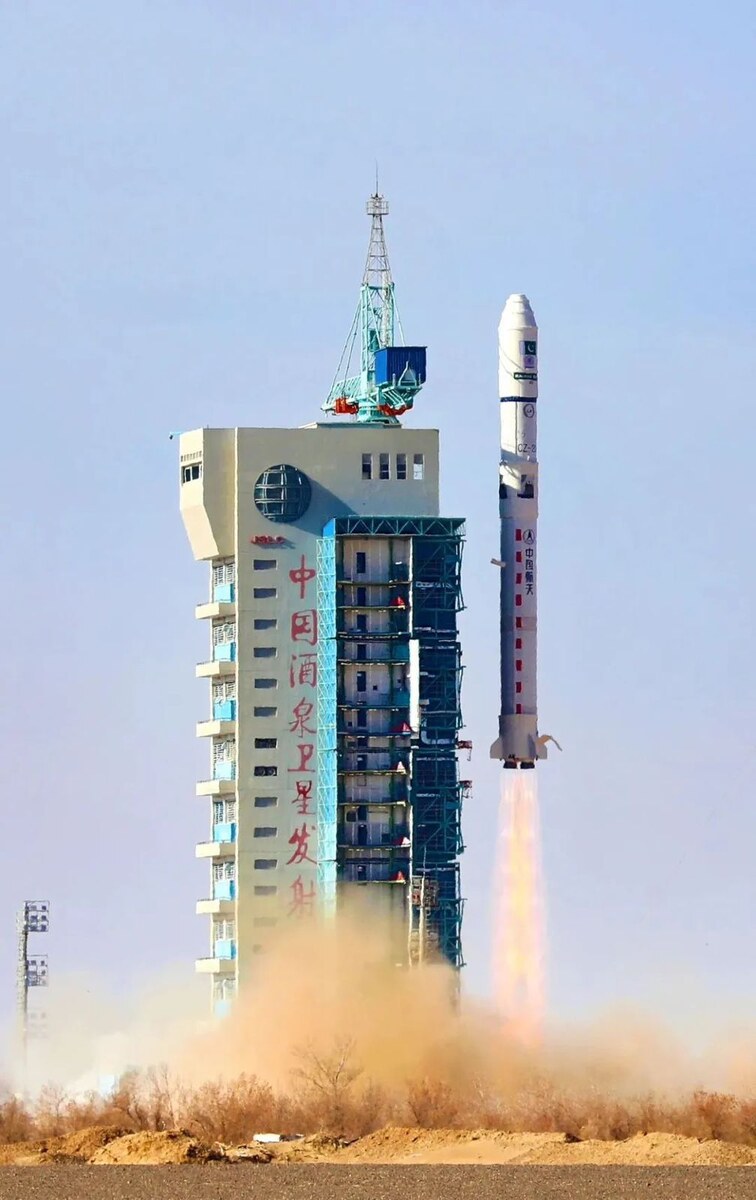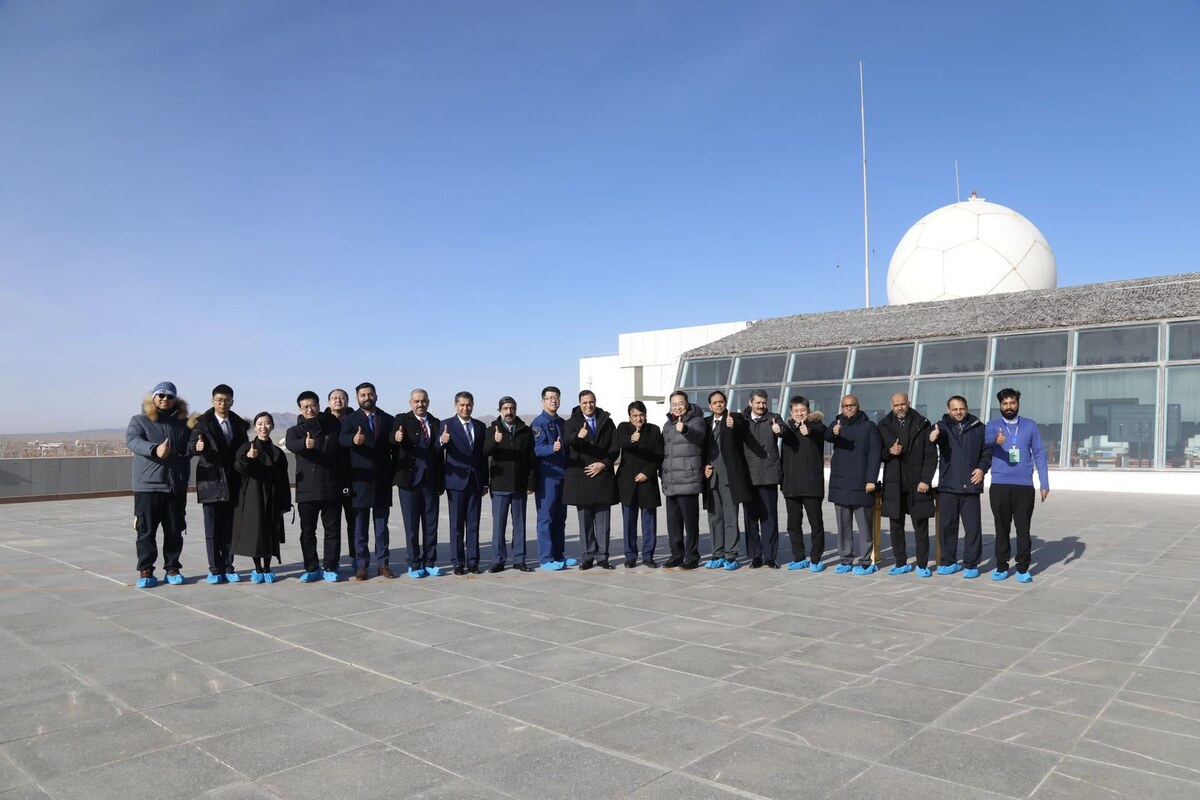ISLAMABAD: Pakistan and Saudi Arabia are in “advanced” stages of talks relating to investment in Pakistan’s copper and gold mines, Pakistani Petroleum Minister Musadik Malik said on Tuesday.
Pakistan has taken steps in recent months to attract foreign investment in its mining sector. The South Asian country is home to the Reko Diq copper and gold mine that is located in its southwestern Balochistan province.
Reko Diq, one of the world’s largest underdeveloped copper-gold mine, is jointly owned by Canadian mining firm Barrick Gold Corp. and Pakistan. Last year, Saudi Arabia offered Pakistan a 15 percent investment stake in the project, Pakistani state media reported in September.
Speaking to Arab News on the sidelines of Future Minerals Forum (FMF) in Riyadh, Malik said Pakistan and Saudi Arabia were in advanced stages of conversations about a “very large asset,” and had done all the requisite homework in this regard.
“Both sides have come up with valuation frameworks, the valuation ranges are in place, and both of the teams are empowered now to negotiate, and right now, we are under non-disclosure. So, I can’t give you the details, but suffice to say that we are expecting very big announcements very soon,” he said.
“It depends, I mean in mining, it’s going to be the mining assets, particularly the copper mining assets, copper and gold mining assets. So, we are very hopeful about that.”
Reuters reported that Saudi Arabian mining company Manara Minerals could invest in Pakistan’s Reko Diq mine in the next two quarters, citing the Pakistani petroleum minister.
Manara, a joint venture between Saudi state-controlled miner Ma’aden and the $925-billion Public Investment Fund (PIF), was set up as part of the Kingdom’s efforts to diversify its economy away from oil, including by buying minority stakes in assets overseas.
“I’m very hopeful that in the next quarter or two we will have very big announcements,” Malik was quoted as saying by Reuters.
“So, we’re very hopeful that this year, we will make some big announcements, both in the way of Reko Diq, but hopefully also” in mines around it, he added.
Asked if Manara would be involved, Malik said, “why not, of course.” Reuters said Manara did not immediately respond to its emailed request for comment.
Manara executives visited Pakistan in May last year for talks about buying a stake in the Reko Diq mine. Manara’s then-acting chief executive Robert Wilt, now CEO of Ma’aden, told Reuters that a stake in Reko Diq was among several opportunities the company was evaluating.
Pakistan is also in talks with other Gulf countries about mining opportunities, Malik added.
Pakistan says in ‘advanced’ talks with Saudi Arabia for investment in copper, gold mines
https://arab.news/zezdu
Pakistan says in ‘advanced’ talks with Saudi Arabia for investment in copper, gold mines

- Saudi Arabia last year offered Pakistan a 15 percent investment stake in the Reko Diq copper and gold mine
- Reko Diq, one of largest copper-gold mine, is jointly owned by Canadian firm Barrick Gold Corp. and Pakistan


















